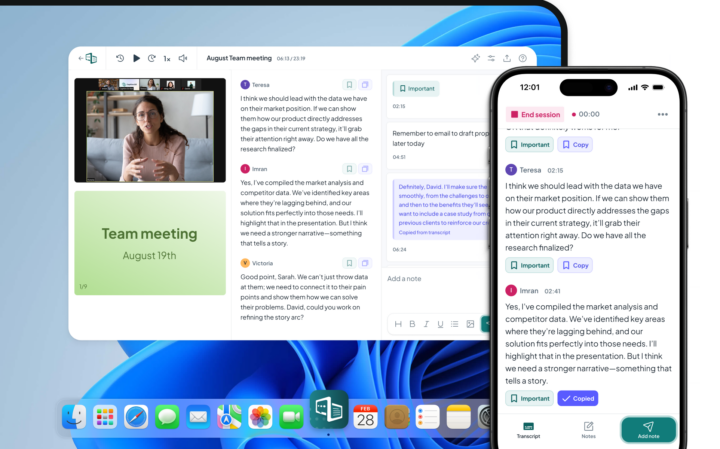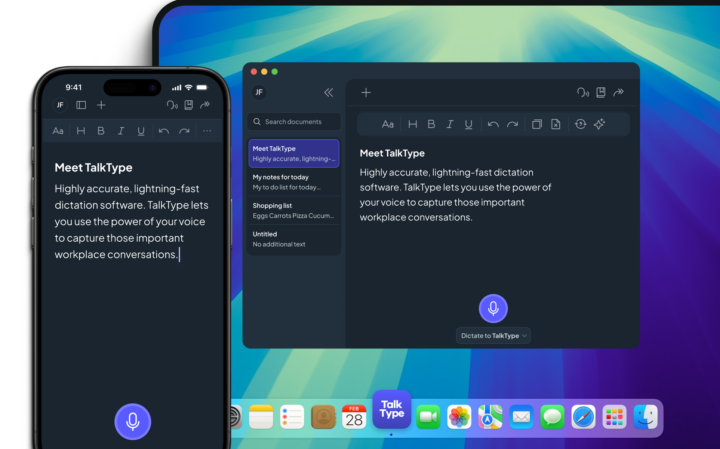What is the University Mental Health Charter?
So what exactly is the University Mental Health Charter? It’s an initiative that comprises eighteen themes mapped out against five domains. These domains include Learn, Support, Work, Live, and Enabling Themes.
The central aim of the Charter is for HE institutions to take a ‘whole-university approach’ to student mental health. They highlight four environmental aspects as critical determinants of mental health – physical, cultural, social, and personal. They also define a whole-university approach as one that includes well-resourced, effective, and accessible mental health services and proactive interventions.
Discover how Caption.Ed has helped Nicole excel at University
Read Case Study
As part of the programme, institutions must offer an environment and culture that reduces poor mental health and supports good mental health. The environment should also help staff and students to develop the insight, understanding, and skills to manage their own well-being. Creating a culture of openness can lead to a more mentally healthy environment. And students should feel acknowledgement and support for their mental health. Also, they should feel empowered to play their own role in supporting the whole community’s wellbeing.
There are a few streams to the Charter:
An Evidence-Informed Framework
The framework provides universities with a reference point to adopt a whole-university approach to mental health. With its set of best practice principles, this framework acts as a recommended model for all to follow in promoting good mental health and well-being.
The Charter Programme
The active programme allows universities to share best practices with others and improve their approach. The benefits of becoming a member translate to improvements for students and staff, who should feel more assured to expect consistent and effective mental health and well-being support.
The Charter Award Scheme
The Charter Award is a voluntary accreditation scheme for members that encourages ongoing improvements. By recognising universities that reflect excellent approaches to staff and student mental health, the awards aim to raise standards for all its members.
Why is the University Mental Health Charter Important?
Student mental health has become an area of concern across the UK. Poor mental health has far-reaching effects on students and staff, which is why we’ve outlined some statistics to back this up.
A range of studies reveals undergraduates who used their natural environment for regular physical activity reported a higher quality of life, along with more positive emotions and lower levels of stress.
How Does the Charter Help to Reduce Student Suicides?
Every loss of a student’s life is a heartbreaking event, underscoring the urgent need to prevent suicides and instances of self-harm within student communities. To enhance student safety, the Department for Education has urged universities to fully adopt best practices, including the Suicide Safer Universities guidelines.
These guidelines encompass protocols for universities to share information with the families and friends of students in times of mental health crises, alongside offering practical counsel on providing compassionate, assured, and timely support in the aftermath of a tragedy.
Want to Know More About Our Products?
Learn More
Recognising the pivotal role of understanding student suicide data and risk factors in shaping preventive measures, the Department for Education collaborated with the Office for National Statistics, which has recently released updated data and analyses.
To enact superior practices in mental health support across higher education, a Higher Education Mental Health Implementation Taskforce was established. This task force comprises bereaved parents, students, mental health professionals, charitable organisations, and sector representatives.
Mandated to produce a report delineating a plan for better early identification of at-risk students, a University Student Commitment regarding the sensitive handling of students in disciplinary matters, and a set of precise targets for improvements in practice by providers, the task force published an initial progress report. It outlined new focal points, such as enhancing coordination between higher education and NHS mental health services.
The Department for Education also commissioned the National Confidential Inquiry into Suicide and Safety in Mental Health (NCISH) to conduct a National Review of Higher Education Suicides. This aims to extract valuable insights from past tragedies to safeguard students in the future.
The involvement of providers in the National Review of HE Suicides will be bolstered by further funding, allocated by the Office for Students (OfS) for mental health and hardship initiatives, adding to the £15 million already disbursed for higher education student mental health.
Caption.Ed Enables a Whole-University Approach to Mental Health
A whole-university approach to mental health needs institutions to make improvements across the board. Staff and students should recognise the range of factors that can influence poor mental health and do everything they can to foster mentally healthy environments. And by widening access for students with hearing loss, Specific Learning Differences, or English as their second language, Caption.Ed can improve learning outcomes. But it can also promote better mental health for everyone, including all staff and students.
For example:
- Caption.Ed can increase participation. For example, students who face barriers to learning may feel more isolated. But when they use live and pre-recorded captioning for lectures, seminars, and meetings they’ll find it easier to follow conversations and, in turn, be better able to participate in discussions. And it’s this process that can boost confidence levels and promote a better sense of community for everyone.
- Reading captions while listening to spoken words improves focus and concentration. While improved concentration can lead to more confidence, students can also reduce anxiety around missing key points with a downloadable transcript of all captioned events.
- Captioning can improve cognition and information recall. And this can lead to better memory retention. When students feel better about their ability to retain accurate information, they’ll increase their confidence levels and feelings of well-being.
Encouraging students and staff to use Caption.Ed can lead to a mentally healthier student environment, both online and in person. But it can also increase morale and boost attainment. So, talk to our team today about using Caption.Ed to support your students and staff as part of the University Mental Health Charter.



